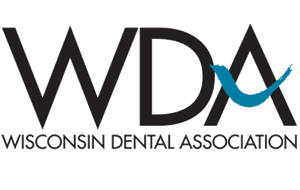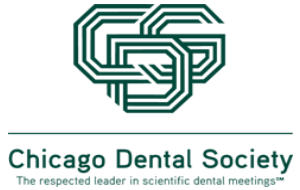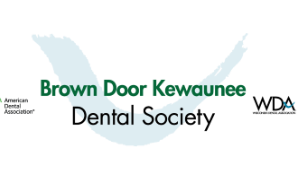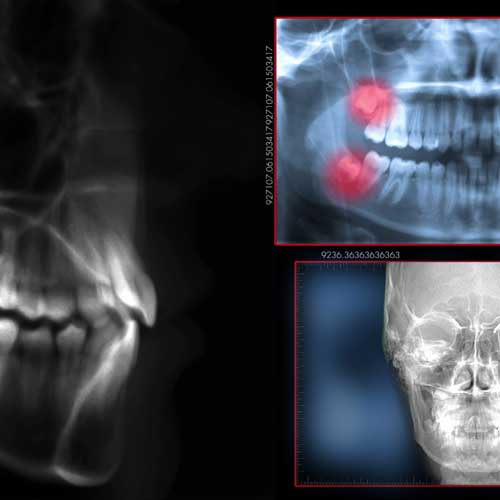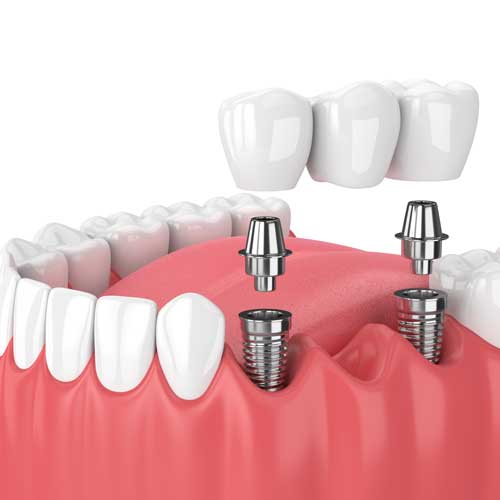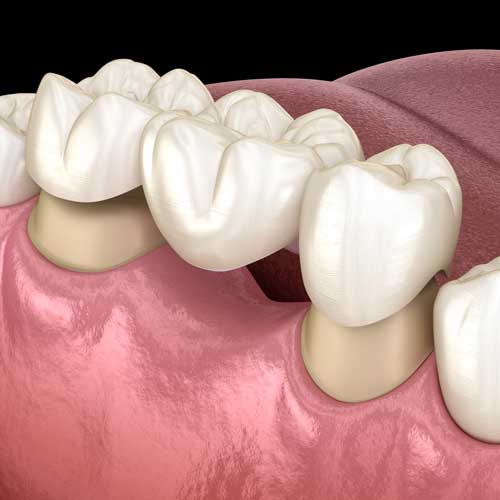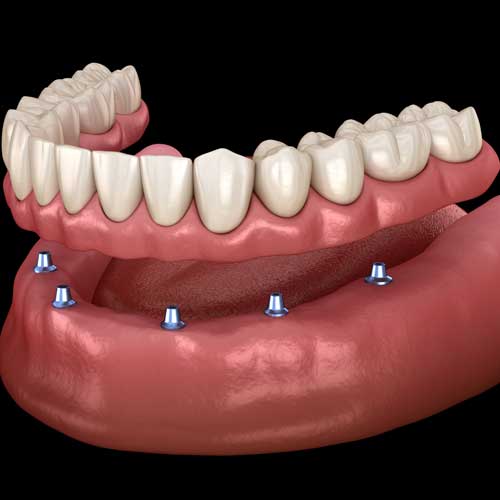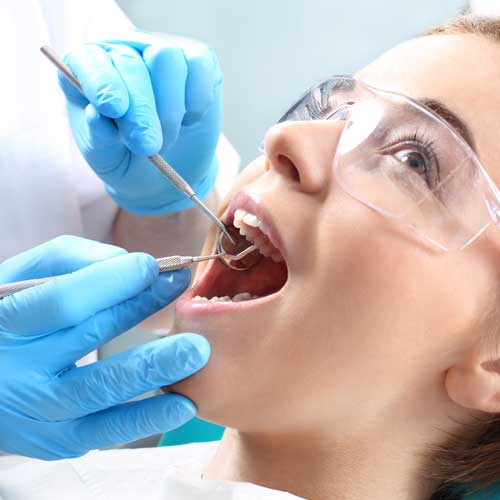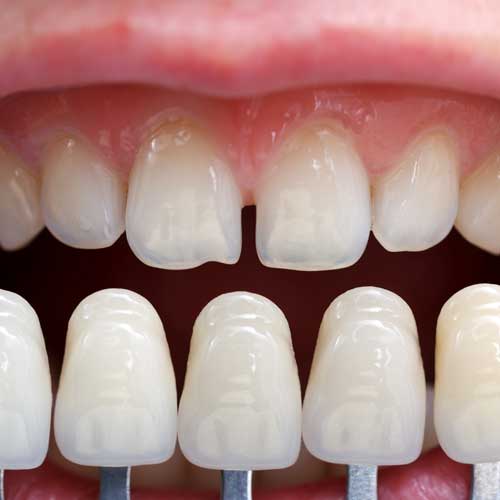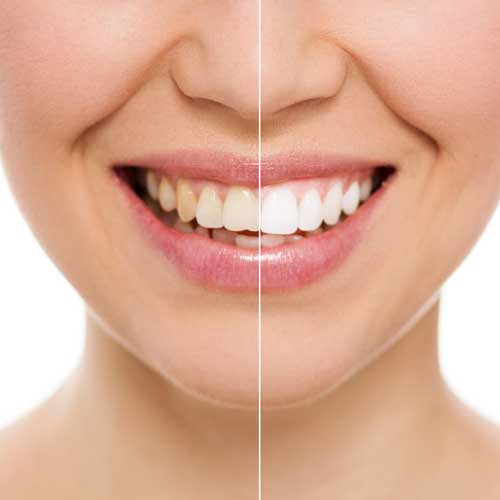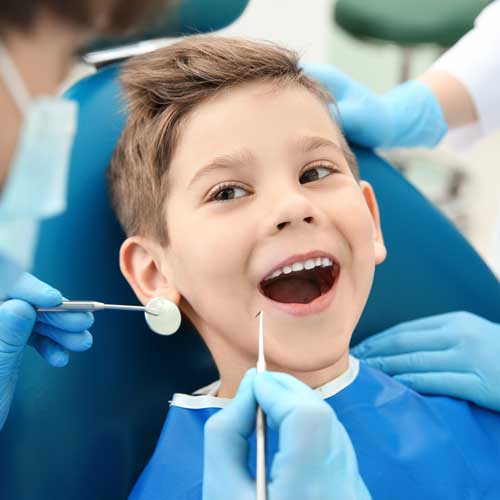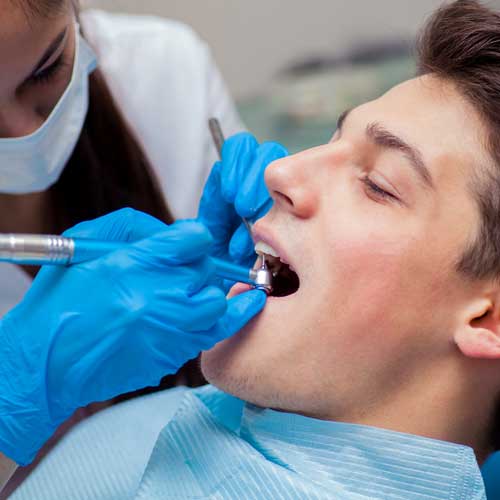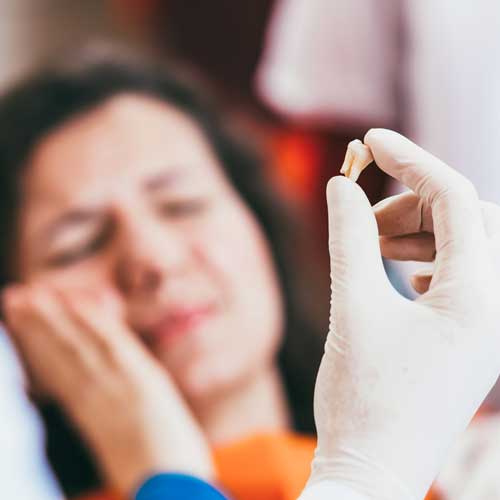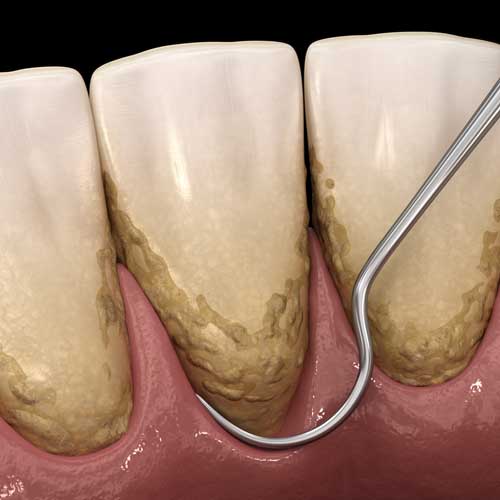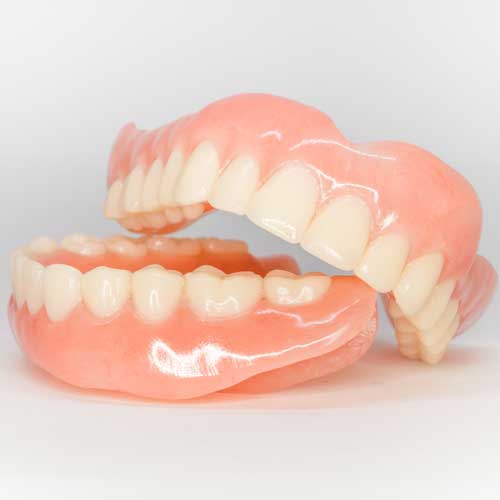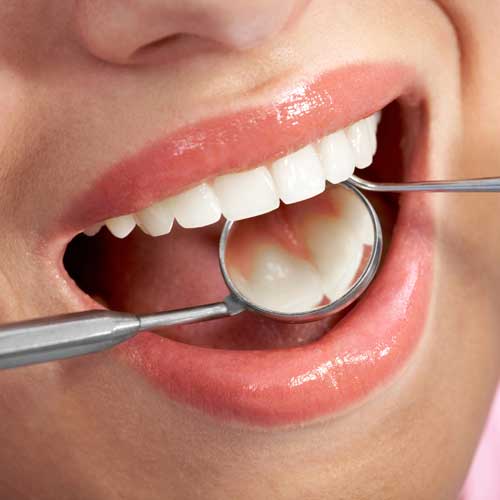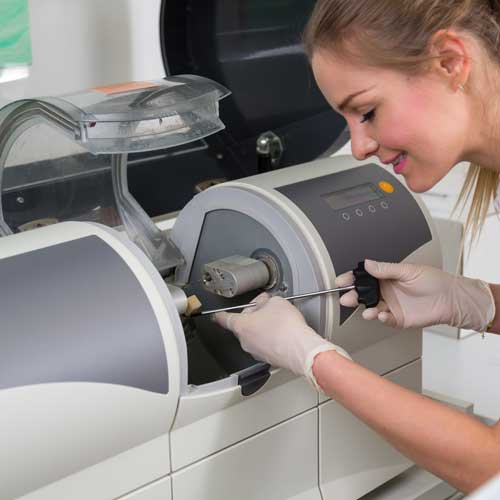Baby Bottle Tooth Decay
Actor David Ramsey Discusses Baby Bottle Tooth Decay
Cavities can happen even before a baby has his first piece of candy. This was the difficult lesson actor David Ramsey of the TV shows Arrow and Dexter learned when his son DJ’s teeth were first emerging.
“His first teeth came in weak,” Ramsey recalled in a recent interview. “They had brown spots on them and they were brittle.” Those brown spots, he said, quickly turned into cavities. How did this happen?
Ramsey said DJ’s dentist suspected it had to do with the child’s feedings — not what he was being fed but how. DJ was often nursed to sleep, “so there were pools of breast milk that he could go to sleep with in his mouth,” Ramsey explained.
While breastfeeding offers an infant many health benefits, problems can occur when the natural sugars in breast milk are left in contact with teeth for long periods. Sugar feeds decay-causing oral bacteria, and these bacteria in turn release tooth-eroding acids. The softer teeth of a young child are particularly vulnerable to these acids; the end result can be tooth decay.
This condition, technically known as “early child caries,” is referred to in laymen’s terms as “baby bottle tooth decay.” However, it can result from nighttime feedings by bottle or breast. The best way to prevent this problem is to avoid nursing babies to sleep at night once they reach the teething stage; a bottle-fed baby should not be allowed to fall asleep with anything but water in their bottle or “sippy cup.”
Here are some other basics of infant dental care that every parent should know:
- Wipe your baby’s newly emerging teeth with a clean, moist washcloth after feedings.
- Brush teeth that have completely grown in with a soft-bristled, child-size toothbrush and a smear of fluoride toothpaste no bigger than a grain of rice.
- Start regular dental checkups by the first birthday.
Fortunately, Ramsey reports that his son is doing very well after an extended period of professional dental treatments and parental vigilance.
“It took a number of months, but his teeth are much, much better,” he said. “Right now we’re still helping him and we’re still really on top of the teeth situation.”
If you would like more information on dental care for babies and toddlers, please contact us or schedule an appointmentfor a consultation. You can also learn more by reading the Dear Doctor magazine articles “The Age One Dental Visit” and “Dentistry & Oral Health for Children.”



